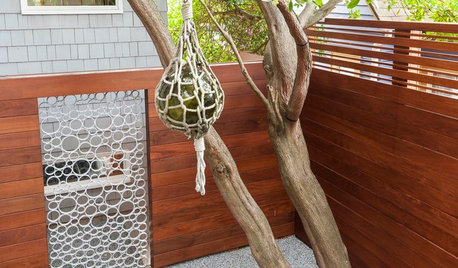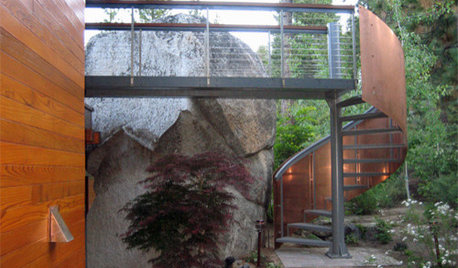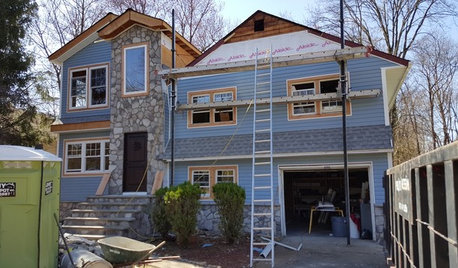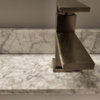How long for electrolysis to eat through copper pipe?
anniel89
18 years ago
Featured Answer
Sort by:Oldest
Comments (17)
baymee
18 years agokudzu9
18 years agoRelated Professionals
Franklin Plumbers · Chantilly Handyman · Fullerton Kitchen & Bathroom Remodelers · Broadlands Kitchen & Bathroom Remodelers · Champlin Kitchen & Bathroom Remodelers · Chandler Kitchen & Bathroom Remodelers · Idaho Falls Kitchen & Bathroom Remodelers · Park Ridge Kitchen & Bathroom Remodelers · Rolling Hills Estates Kitchen & Bathroom Remodelers · Sicklerville Kitchen & Bathroom Remodelers · Skokie Kitchen & Bathroom Remodelers · Spokane Kitchen & Bathroom Remodelers · Turlock Kitchen & Bathroom Remodelers · Wilson Kitchen & Bathroom Remodelers · Hewitt Kitchen & Bath Fixturesbaymee
18 years agopinocchio
18 years agobrickeyee
18 years agolazypup
18 years agoUser
18 years agobrickeyee
18 years agooutdoors_2006
17 years agobrickeyee
17 years agoshacko
17 years agolazypup
17 years agoshacko
17 years agotbenton
16 years agolazypup
16 years agobrickeyee
16 years ago
Related Stories

FENCES AND GATESA Designer Uses PVC Pipe to Cast a Modern Garden Gate
Landscape designer Scot Eckley walks us through the process of creating a custom aluminum ring gate
Full Story
REMODELING GUIDES15 Ways to Design With Copper
Get Inspired to Add the Long-Lasting Beauty of Copper to Your Home
Full Story
KITCHEN DESIGNKitchen of the Week: A Burst Pipe Spurs a Makeover
Once dark and clunky, this compact kitchen in a 1962 ranch is now light, bright and cheerful
Full Story
LIFEThe Polite House: How Can I Tell a Construction Crew to Pipe Down?
If workers around your home are doing things that bother you, there’s a diplomatic way to approach them
Full Story
ARCHITECTURECylinders — More Than Architects’ Pipe Dreams
They may look fanciful, but cylinders can serve practical purposes in architectural designs
Full Story
INSIDE HOUZZHow Much Does a Remodel Cost, and How Long Does It Take?
The 2016 Houzz & Home survey asked 120,000 Houzzers about their renovation projects. Here’s what they said
Full Story
KITCHEN DESIGN16 Scrumptious Eat-In Kitchens and What They Want You to Serve
Whether apple-pie cheerful or champagne sophisticated, these eat-in kitchens offer ideas to salivate over
Full Story
KITCHEN DESIGNKitchen of the Week: Double Trouble and a Happy Ending
Burst pipes result in back-to-back kitchen renovations. The second time around, this interior designer gets her kitchen just right
Full Story
BATHROOM DESIGNRoom of the Day: A Salvaged Bathroom Full of Fresh Ideas
Entwined pipes as faucets, old doorknobs as towel hooks and swaths of concrete bring function and attitude to a master bath
Full Story
RUSTIC STYLEA Quirky Country Kitchen With a Story to Tell
Creative thinking goes a long way in this kitchen packed with love for family and old treasures
Full Story







User